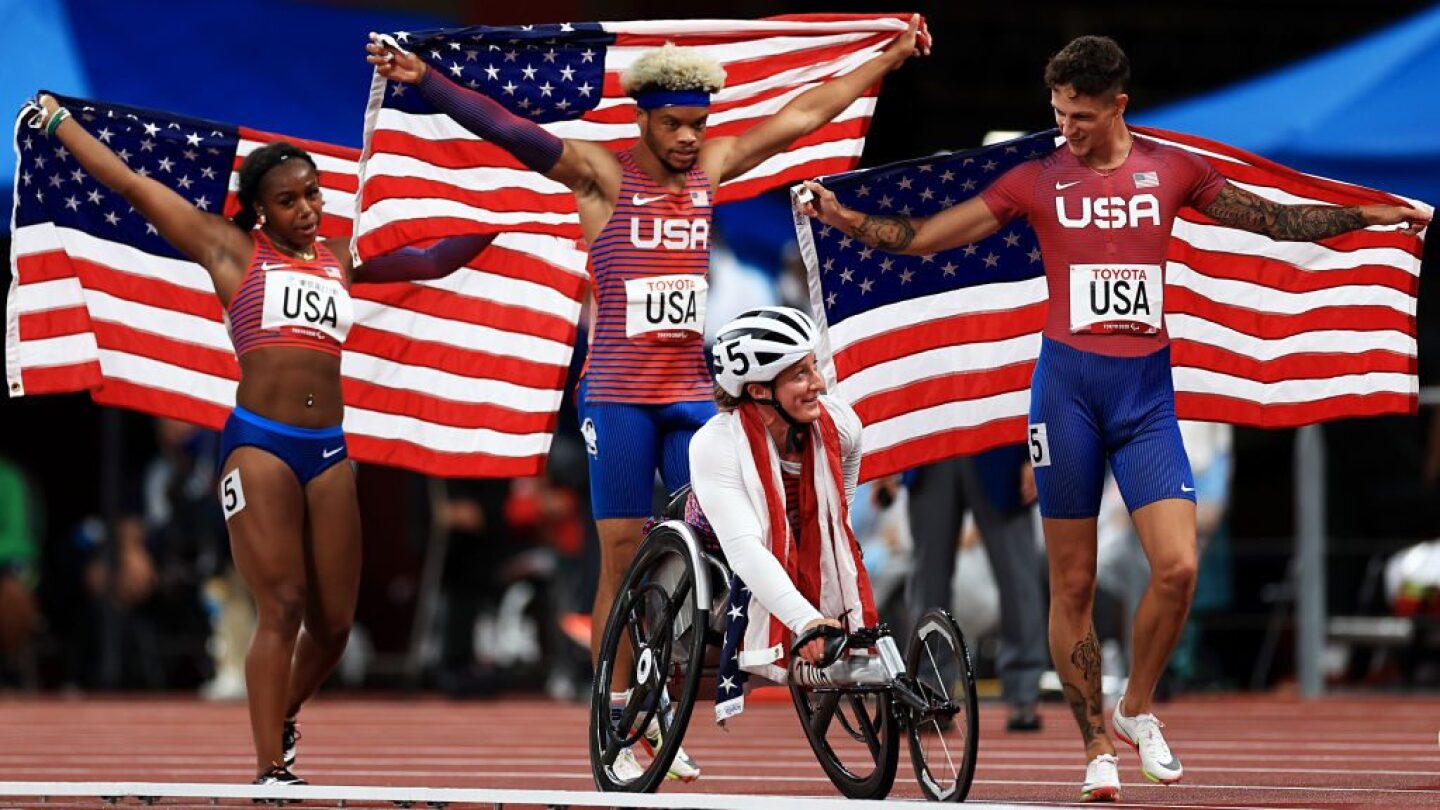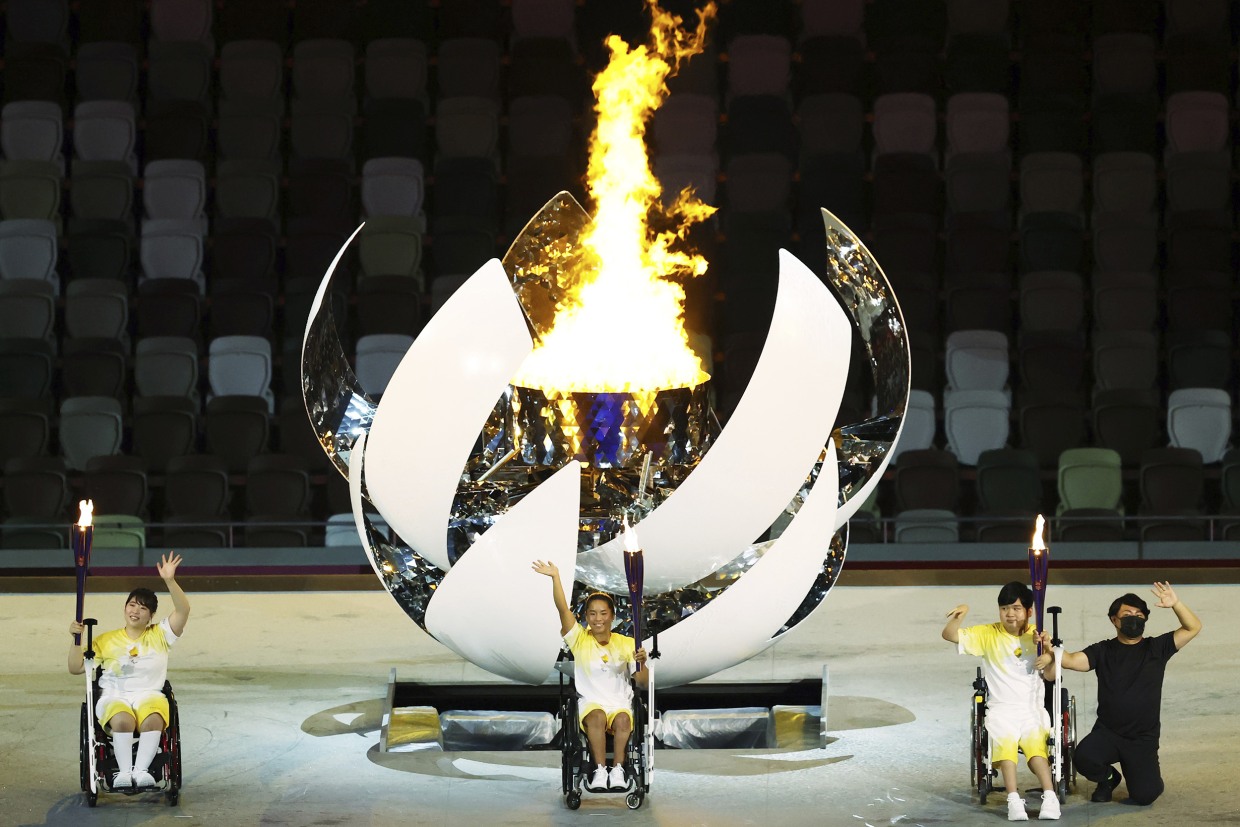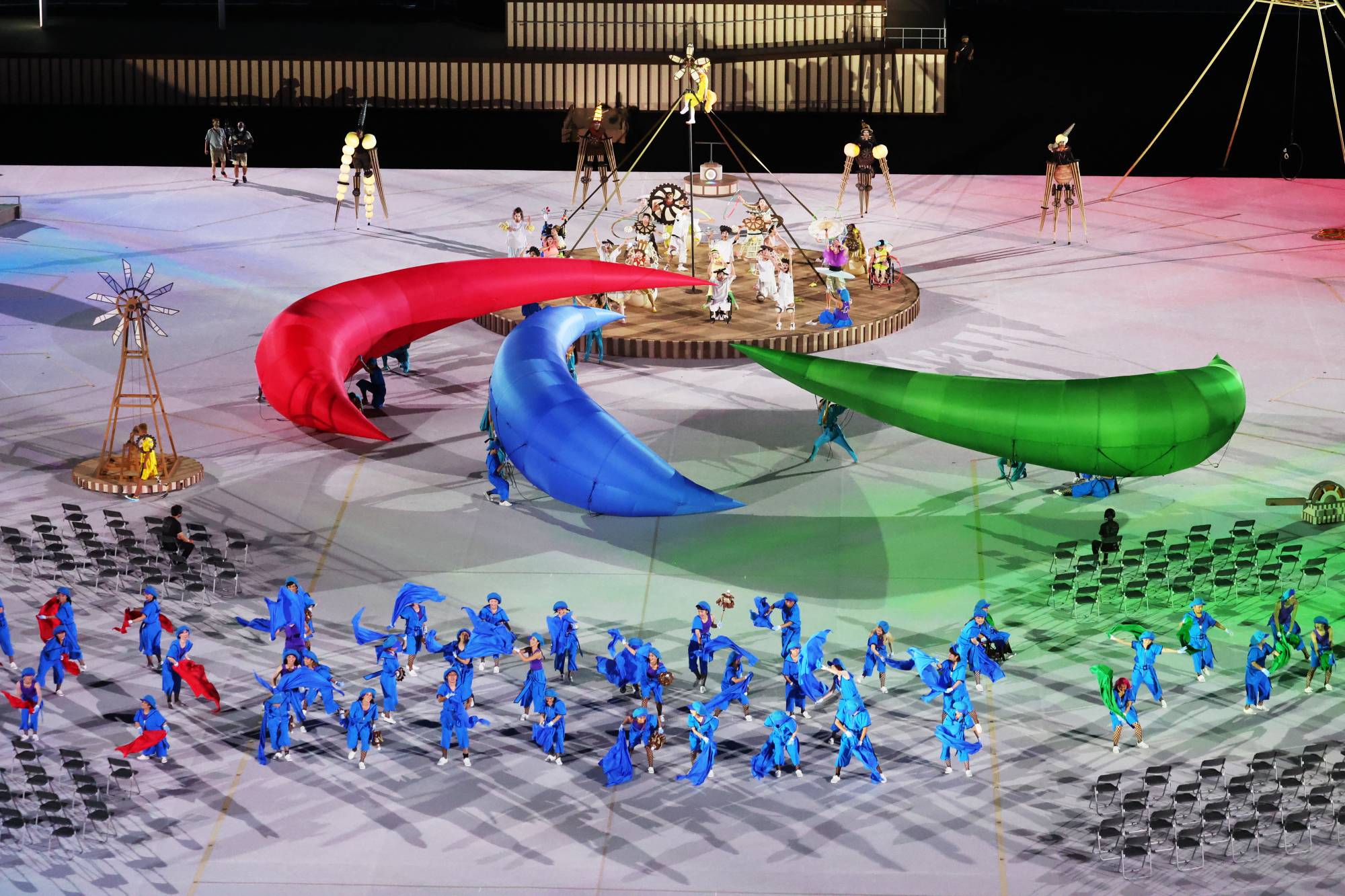Fair Play and Integrity: Assessing Participation in Global Sports
The discussion of if Russia and Belarus should be allowed to compete within the Paralympics is a very complex topic. Throughout heavy consideration from officials, there are many reasons behind the ban of allowing Russia and Belarus to compete in these types of competitions. For starters, these issues include considerations of fairness, integrity, and the values that are upheld by the IPC. Factors we can take a look at to discuss if it is fair include doping violations, where the ban stems from allegations of state-sponsored doping and manipulation of testing procedures that took place in both Russia and Belarus. In the case that the allegations are true, allowing these athletes to compete would undermine the principles of fair play and integrity that is very important and fundamental to the Paralympic movement. On top of this, we can look at the IPC Values, which on Global Sports mentions "our organizational values are passion, authenticity, inclusion, trust, care and strategy" (Fox, n.d). By enforcing the ban, it allows them to send a message that this type of behavior will not be tolerated. We then can look at Athlete Welfare, which allowing athletes from countries with a history of doping violations to compete could possibly put athletes at a disadvantage. As mentioned above, competing against athletes who may have an unfair advantage could undermine the integrity of the competition. Lastly, by enforcing consequences for countries who have violated the anti-doping rules, it is necessary to maintain the credibility of the Paralympic Games and ensure that there is a level playing field. By banning Russia and Belarus, it demonstrates how committed the IPC is to holding countries accountable for these violations.
But this begs the question of should Russia and Belarus continue to be banned from upcoming events within the IOC and IPC? This ultimately comes down to a couple of factors. For starters, if Russia and Belarus were to demonstrate significant improvements in their anti-doping efforts and complied with the regulations that have been set forth by the IOC and IPC, there then could be potential of their participation in future events. This can include cooperating fully with anti-doping authorities and ultimately holding those responsible for previous doping violations. Being transparent and accountable as well would be crucial in rebuilding trust with Russia and Belarus within the international sporting community. Russia and Belarus would need to show a commitment to transparency in their sporting programs and be accountable for any wrong doings that have happened in the past. Rehabilitation for the athletes as well could play a big part. When considering the ban of Russia and Belarus, they have to think of those who may have not been involved but are currently being affected by the bans. Efforts should be made in a way to help support these athletes to ensure that they have opportunities to compete in international events if they are able to demonstrate that they are clean athletes. Lastly, public perception and trust would also depend on the way the public view it. If the international community remains skeptical of their commitment to clean sport, it might just be challenging to justify allowing them back into the events without risking further damage to the credibility of the Paralympic movement. Recently in March, Russian and Belarusian athletes were barred from marching in this year's Paralympics opening ceremony in Paris, even in the case that they are approved to compete as neutrals. On NBC News, the IPC stated that "the athletes will participate in an individual and neutral capacity, they will not march in the Opening Ceremony on Aug. 28 or have a flag bearer at the Closing Ceremony on Sept. 8" (Kanno, 2024). Ultimately, allowing the participation of Russia and Belarus in future IOC/IPC events should be done so on careful consideration and assessments of their compliance with anti-doping violations.
The decision to hold disabled sporting events in Russia and Belarus should take into account various factors. These include safety and accessibility for disabled athletes. The organizers must ensure that the facilities meet the necessary standards for accommodating to the athletes with disabilities and that there isn't any barriers to participation. As mentioned before, adherence to anti-doping regulations would be essential. Although, hosting the sporting events in Russia and Belarus can help promote inclusivity and raise awareness about the abilities and achievements of disabled individuals worldwide. But of course, it is essential to make sure that hosting an event aligns with the principles of fair play and integrity. Realistically, the decision to hold disabled sports events in Russia and Belarus should be done so on a case-by-case basis where we take into account all the factors mentioned above. Ultimately, athletes and officials from Russia and Belarus should be able to participate in sport events outside of their countries, although only if they are complying with international regulations, upholding the principles of fair play and integrity, and are of course subject to appropriate oversight and monitoring. At the end of the day, it is important for the IPC and IOC to uphold their values to ensure that all participants can compete on a level playing field therefore the integrity of sports is preserved.




Comments
Post a Comment